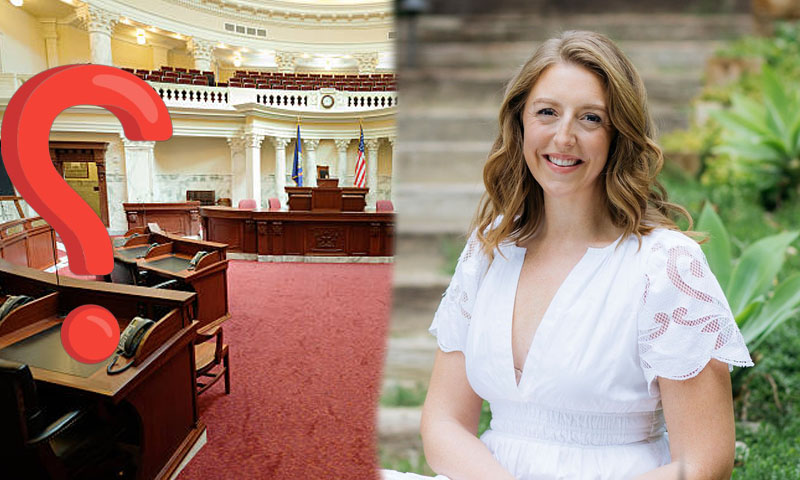- Web
- Yesterday
India court allows survey of historic mosque to see if it stands on temple
-

- Web Desk
- Aug 03, 2023

ALLAHABAD : An Indian court has ruled to conduct a scientific survey to ascertain whether a 17th-century mosque in Varanasi, located in the northern part of the country, was built over a Hindu temple.
The Gyanvapi Mosque in Varanasi, situated in the state of Uttar Pradesh, has been at the center of a dispute as right-wing Hindu groups claim it was constructed atop Hindu temples allegedly demolished during the peak of Mughal rule from the 16th to the 18th century, Al Jazeera said.
The court ruling comes after tensions escalated in recent years over the mosque, which stands adjacent to the Kashi Vishwanath Temple, a prominent place of worship for India’s majority Hindu community, comprising about 80 percent of the population. Muslims constitute nearly 14 percent of India’s 1.4 billion people.
The Allahabad High Court in Uttar Pradesh permitted the state-run Archaeological Survey of India to conduct the survey without causing any damage to the structure, according to Vishnu Shankar Jain, a lawyer representing the Hindu petitioners. Chief Justice Pritinker Diwaker stated that the scientific survey is necessary in the interest of justice.
However, Muslim petitioners have objected to the survey, expressing concerns about potential damage to the mosque. Khalid Rasheed, one of the Muslim petitioners, stated that the mosque committee may appeal Thursday’s decision in India’s Supreme Court.
The Gyanvapi Mosque controversy gained further momentum when five Hindu women sought permission from the court to perform Hindu rituals in one part of the mosque, claiming that a Hindu temple once stood on the site.
The Anjuman Intezamia Masjid Committee, which manages the Gyanvapi Mosque, maintains that the survey is in contravention of a 1991 Indian law that safeguards places of worship. The law stipulates that the nature of all places of worship, except Ram Janmabhoomi-Babri Mosque in Ayodhya, must be preserved as they were on August 15, 1947, and conversion of such sites is illegal.
Kuwait hangs five, including 2015 mosque bombing convict
The Ayodhya dispute involves a 16th-century Babri Masjid mosque in Uttar Pradesh, which was demolished in 1992 by Hindu hardliners claiming it stood on the exact spot where Lord Ram was born. The demolition resulted in massive religious riots across India, leading to the deaths of around 2,000 people.
In 2019, India’s Supreme Court ruled in favor of constructing a Hindu temple on the disputed religious ground in Ayodhya, while ordering that alternative land be provided to Muslims for building a mosque.
The construction of the temple in Ayodhya, supported by Hindu nationalists and under the patronage of Prime Minister Narendra Modi’s right-wing government, is under way, with the inauguration likely to take place before the national elections scheduled for May next year.




